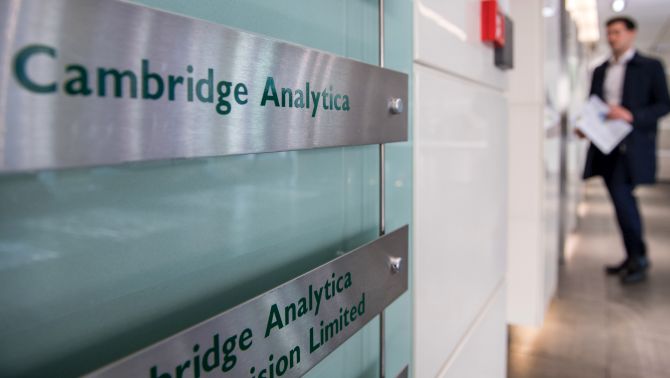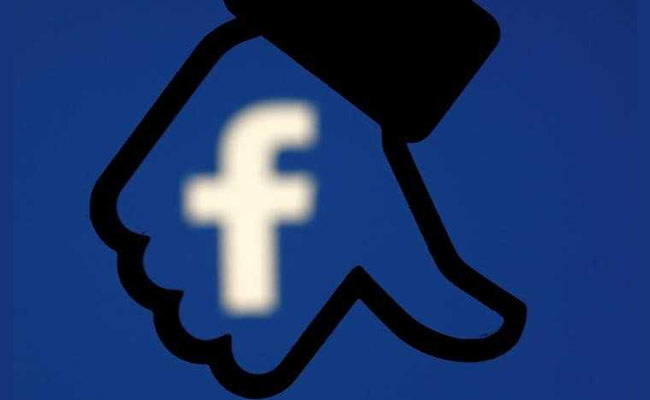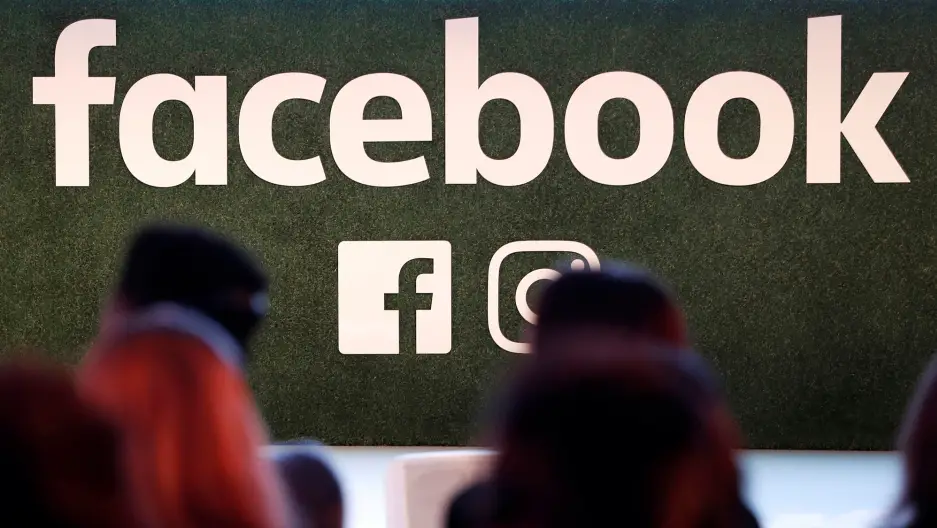Mark Zuckerberg’s official apology and plans to address the Facebook data breach, orchestrated by Cambridge Analytica, outlined the ways that the company plans to confront data mining and protect user information in the future.
According to former Cambridge Analytica employees, an app disguised as a personality test collected user information from over 270,000 people and used it to target users by displaying pro-Trump political ads designed to influence their voting decisions.
Facebook will not only ban Cambridge Analytica, but is working on building an app for users of the site that will notify them if their privacy was breached during the election.

Although Zuckerberg made his willingness to protect user information clear on Tuesday, Facebook has known about the data breach for approximately two years. In his apology, Zuckerberg said if Facebook cannot protect the platform’s user information, it does not deserve to serve its participants.
Facebook’s initial reactions to investigations of Cambridge Analytica were ones of defense. Not only was the company aware of the breach, but they initially threatened to sue reporters who first investigated Cambridge Analytica.
According to the AP, a newspaper editor reported that “Facebook had threatened to sue The Observer and its sibling The Guardian over its investigation of a Trump-affiliated data-mining firm, Cambridge Analytica.”
Facebook also insisted that although the user information should not have been given to a third party, Facebook users gave their consent for the “breach” by downloading the data collection app.
Controversy also stems from user information being used as a tool during the election to sway voters and influence citizens’ voting decisions.
Christopher Wylie, a researcher who worked for Cambridge, cited the app as a “full service propaganda machine.” He told Guardian reporters that the goal of collecting information and generating political ads was to sway voter opinions. In addition, according to the AP, the Trump administration paid Cambridge $6 million during the election of 2016.

According to AP reporters who had spoken with a former Cambridge Analytica employee, “the group identified voters who might be swayed and ‘injected content’ that may or may not be true.”
The propaganda brought to light may have an effect on future campaigns, as well as Facebook privacy protections.
Zuckerberg said he is willing and “happy” to testify in front of Congress; however, other officials may be more appropriate witnesses for events related to the data breach.

















